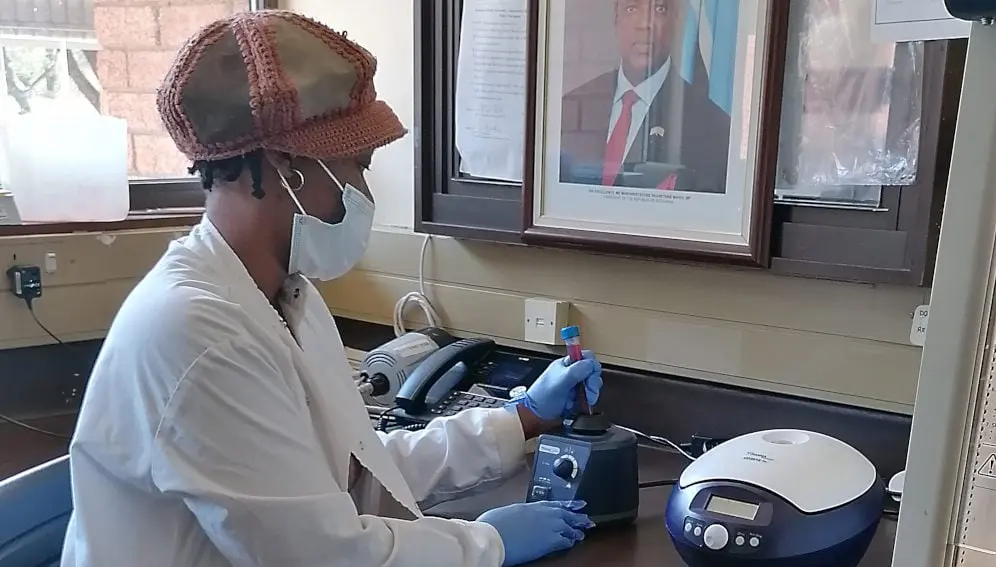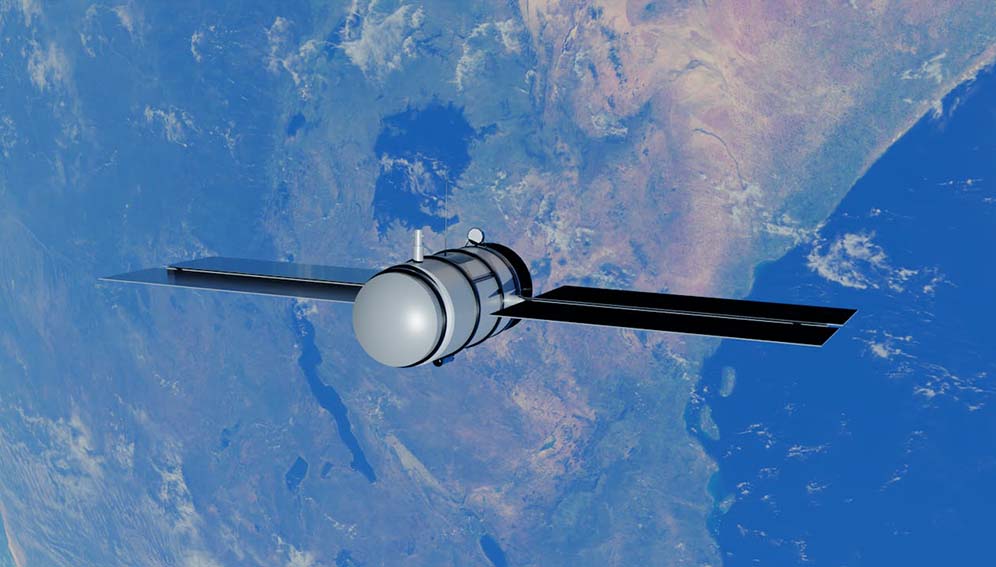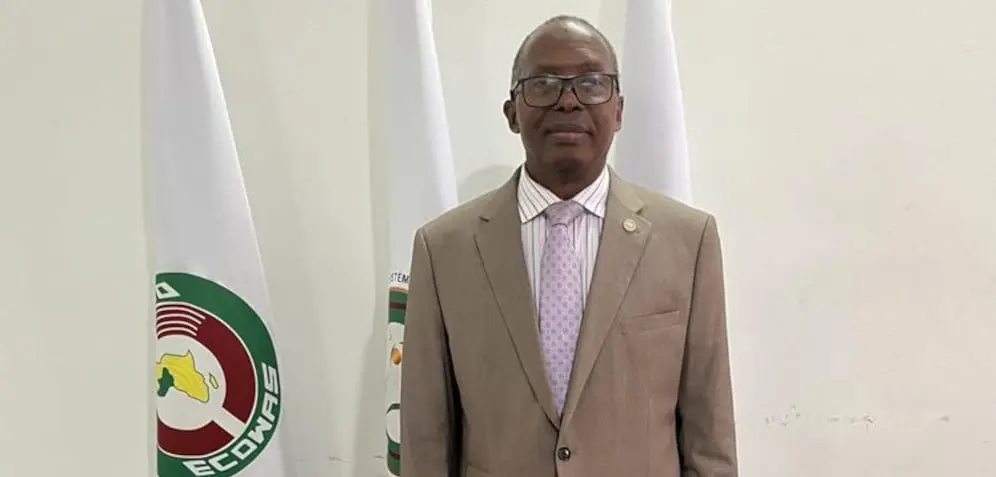SGCI News
6 June 2023 TWAS-DFG Cooperation Visits Programme Based on the agreement with The World Academy of Sciences for the Advancement of Science in Developing Countries (TWAS), the Deutsche Forschungsgemeinschaft…
6 June 2023
TWAS-DFG Cooperation Visits Programme
Based on the agreement with The World Academy of Sciences for the Advancement of Science in Developing Countries (TWAS), the Deutsche Forschungsgemeinschaft (DFG, German Research Foundation) draws the attention of researchers at German research institutions to the possibility of inviting early-career researchers of all disciplines from sub-Saharan African countries to spend three months at their institution in Germany for the purpose of research and cooperation.
The DFG pays the host institution a monthly lump sum of €2,350 to cover the guest’s maintenance costs and visa expenses. In addition, the guest’s flight and rail costs to and from the institution are reimbursed up to an amount of €1,350. The host institution can receive up to €700 per month in funding to cover direct project costs such as material and laboratory costs.
The requirements for proposal submission on the part of the visiting researchers are as follows:
- They must be from a sub-Saharan African country
- They must be engaged in research activity at a university or research institution in a sub-Saharan African country
- They must not have obtained their doctorate before the year 2018. Visiting female researchers with children must have obtained their doctorate no earlier than two years earlier per child (maximum six years in total).
- They must not be currently engaged in any activity in Germany or ongoing research with the host institution.
- The DFG funding instrument Initiation of International Collaboration is available for repeat stays, especially with the aim of developing joint research projects (see link under “Further Information”)
Proposals must be submitted to TWAS by visiting researchers by no later than 6 September 2023. The proposal must also include an official invitation issued by the host institution that specifies the research topic of the cooperation (not a project proposal) and contains information on the infrastructure that will be made available to the guest.
Prior to extending the invitation, hosts are asked to ensure that scientific cooperation with the guest offers sufficient potential. In the case of approval, the host institution is to support the visiting researcher in organising their stay, for example in booking flights and finding accommodation.
The DFG explicitly welcomes proposal submissions by researchers of all genders and sexual identities, from different ethnic, cultural, religious, ideological and social backgrounds, at different career stages, types of higher education institution and research institution, as well as by researchers with disabilities or chronic illnesses.
Further information
Link to the TWAS-DFG Cooperation Visits Programme and all proposal documents required by the TWAS:
https://twas.org/opportunity/twas-dfg-cooperation-visits-programme
Link to the DFG funding instrument Initiation of International Collaboration:
www.dfg.de/bilateral_cooperation
Link to the Information sheet for the host institution in Germany
You can view and access the DFG’s data protection notice on research funding at:
www.dfg.de/en/service/privacy_policy
If necessary, please also forward this information to those individuals whose data will be processed by the DFG due to their involvement in your project.
Contact at the DFG, International Affairs:
Related News
Botswana’s Commitment to Research: Laying the groundwork for innovation
Although Botswana does not yet have a dedicated science agency, it has demonstrated a strong commitment to research and innovation through active participation in the Science Granting Councils Initiative (SGCI). In this video interview, Lesego Thamae, Deputy Permanent Secretary at the Ministry of Communications, Knowledge…
Space innovation in Africa tackling local problems
Africa’s space sector, while valued at US$22.64 billion in 2024, is still in its early stages—but scientists say it holds significant promise for addressing some of the continent’s development issues. In this episode of Africa Science Focus, reporter Michael Kaloki explores how space research and…
An interview with Dr Samba Sesay on how NSTIC -SL is improving the quality of life through science and technology
This video previews the ongoing efforts of the National Science Technology and Innovation Council of Sierra Leone (NSTIC-SL), a young council established in 2020. Dr. Samba Sesay, Programme Implementation Manager, explains that NSTIC-SL’s core mission is to enhance the quality of life for Sierra Leonean…




